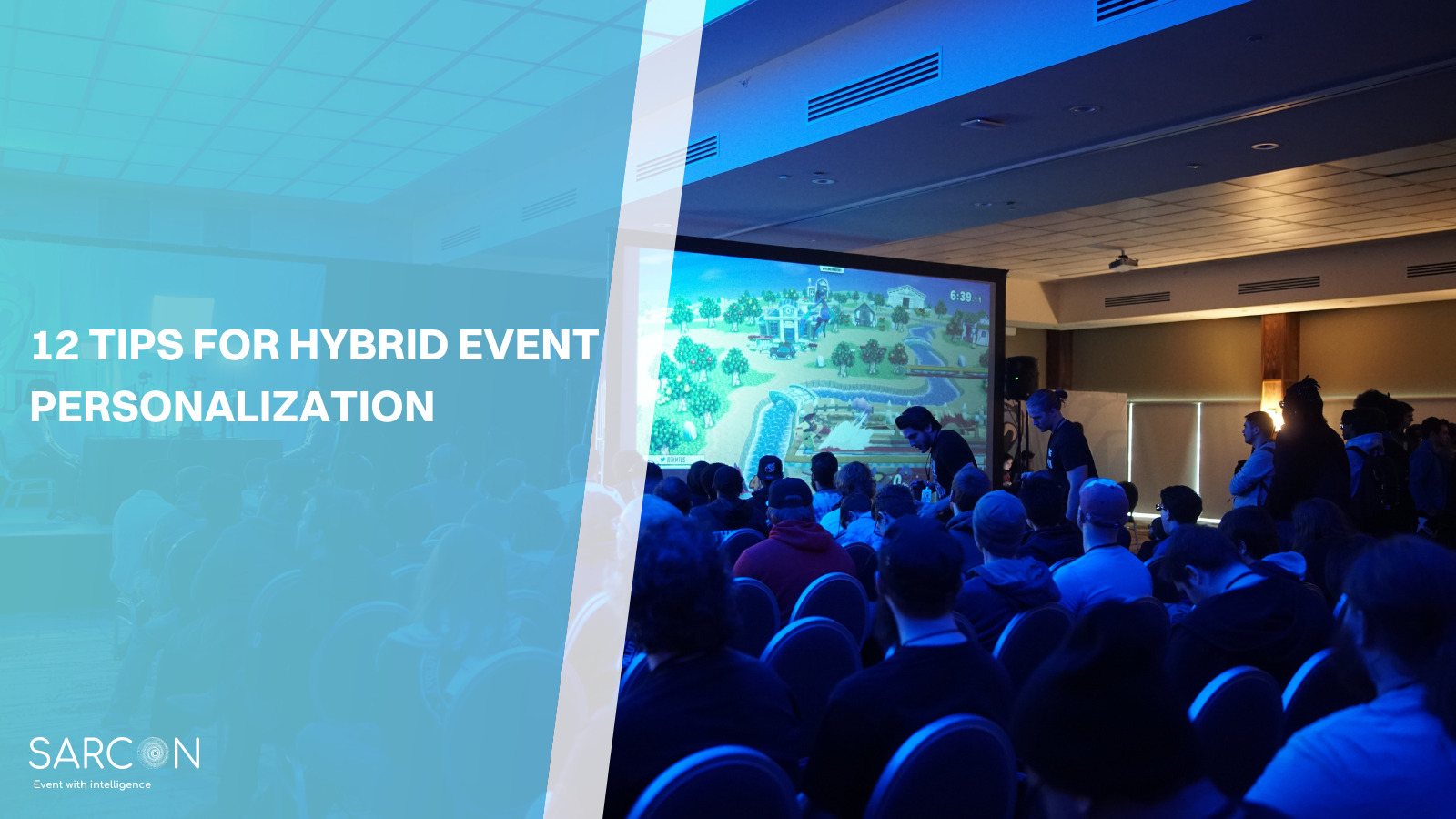Undoubtedly, events are morphing and changing according to the needs and circumstances that are and will be present. While we could not meet in person, online and virtual events facilitated organizers’ requirements under challenging times.
Read More: 5 Creative Virtual Event Content Ideas
However, online, virtual, and hybrid events are relatively new concepts to many people. What makes them different or more preferred to having a traditional on-ground event? And what are the things to notice when you decide what kind of event type you would make?

Let’s take a look at some of the on-ground, hybrid, and virtual events’ benefits and limitations:
| Event Type | On-Ground (Physical) | Hybrid | Virtual |
| Cost | Significantly higher than virtual counterparts, often requiring a copious amount of initial funding and higher operational costs. | The degree of the cost depends on how much of the event is on-ground. In contrast, the virtual component of the event is a lot cheaper, as there are fewer costs and a more efficient setup. | Since the entire event is done online, it forgoes many costs associated with on-ground events. Organizers can modify the event according to the budget rather than the other way around. |
| Reach | While the organizer can broadcast the event live, most user interactions only happen at the event. Potential attendees (or even speakers/exhibitors) may not be able to traverse to the event as well. | Hybrid events can have online attendees interacting in a virtual interface at the event. People from all around the world can attend; however, the choice for the on-ground portion can be limited. | Attendees, exhibitors, keynote speakers, and others collectively present at the virtual event. There are no boundaries as to who can participate. It is, however, not the same familiar face-to-face interaction as on-ground events. |
| Engagement | On-ground events still maintain true person-to-person interactions. However, almost all of this happens only at the event location. Anyone who doesn’t attend will miss out on all those interactions. | Hybrid events have a combination of face-to-face as well as online interactions. This mix allows for a more significant amount of attendee interaction at the cost of some of it being virtual. | Virtual events allow you to interact with potentially thousands of people at once. With recent advancements, virtual event platforms now have fully immersive 3D and VR-enabled features and interactions replicating the on-ground events. |
| Tracking Metrics | The logistics involved in tracking various key metrics at on-ground events can be overwhelming and challenging to give an accurate visualization. Outsourced help is often needed even to begin extrapolating the data. | Inbuilt applications can make tracking various data easier through the event’s virtual portion. The on-ground part of the event can be easier to manage. | The virtual event is held entirely online. Event organizers who use a suitable event platform will access various information and data about the event in the appropriate dashboard. This data can then be quickly sent to the desired people (like sponsors and exhibitors) for easy evaluation. |
| Event Content Decay | At on-ground events, the actual content produced will almost immediately become void. Content like posters and fliers become waste and unusable in future events. | Since there is an element of having a virtual component to the event, there is more emphasis on creating digital content. This digital content is easier and more effective in the long term as it doesn’t take as much time to produce and can be repurposed for future events. | Virtual events demand digital content; there is no real need for traditional content. However, there is more emphasis on high quality and unique content as the drop-off ratio can be higher (as people inherently can get distracted in online events). This content can then also be reused in future promotions. |
| Eco-Friendly | On-ground events can be anywhere between small and massive. Considering the potentially thousands of attendees, event staff, catering, waste created, and carbon footprint, these events can be harmful to the environment. | Hybrid events often downscale the on-ground portion of the event. And having an online outlet allows people to visit and interact without actually being at the event remotely. This also has the added benefit of being environmentally friendly. | No actual physical component means none of the environmental implications involved with on-ground events. Perhaps the only downside would be the more significant amount of electricity used by all the virtual attendees (which is still lower than on-ground events). |
| Access to sponsors | It is limited geographically to exhibitors who can be physically present. More significant sponsorship amounts typically. | The on-ground physical presence of sponsors can be limited. Being a hybrid event, you have access to sponsors globally. It can be adapted according to the situation. | Sponsors from around the world. Ticket sizes for sponsorship are increasing as sponsors are starting to see equal if not better ROI to on-ground events. |
| Business model | High risk-reward. The increased upfront investment, significant profit, or loss is seen after months of effort. A single organizer can run a limited number of physical events. | Medium investment, medium to high reward. Medium-High upfront investment. Medium to increased profit. The volume of hybrid events possible for an event organizer can be larger than on-ground events but lower than virtual ones. | Low risk, medium to high reward. Low upfront investment. Medium to high profit. Revenues can be significantly boosted by quickly increasing the volume of virtual events. |
As an event organizer, it is vital to adapt and adjust according to the shifting circumstances of modern times. While the need to meet up in person has been a strong desire recently, we shouldn’t understate the logistics and risk of organizing an on-ground event.

This is why the advent of future events is more towards the hybrid and virtual approaches. The intrinsic hybrid/virtual events benefits are experimentation and affordability; they function as excellent case studies to learn and adapt to the shifting landscape of the event industry.
Must Read: Industry Experts’ Advice on Hybrid Events
These new approaches solve many drawbacks of on-ground events and introduce recent and never-before-seen advances in the industry.



